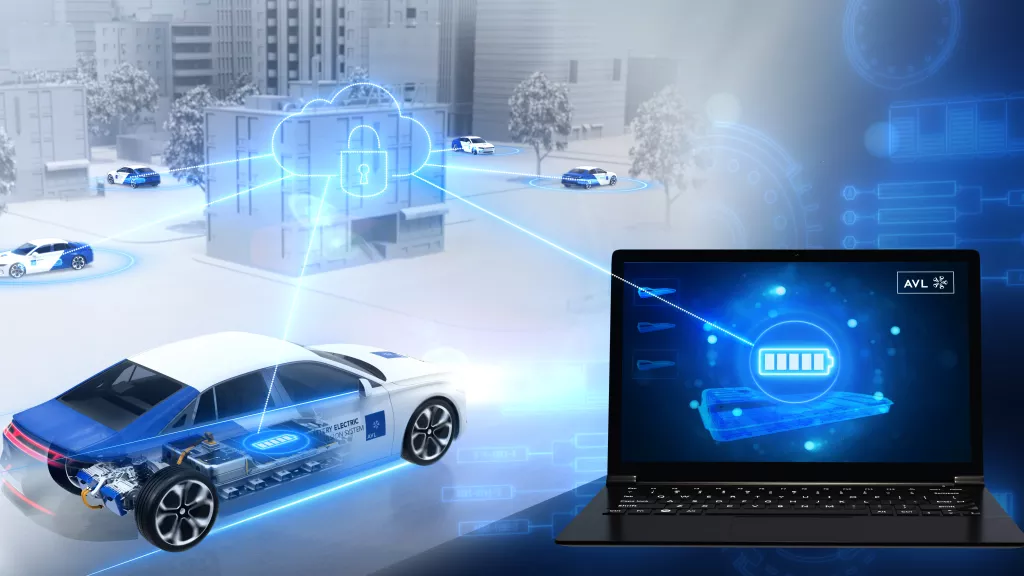GRAZ — A novel approach developed by AVL and the Technical University of Munich (TUM) is using artificial intelligence, specifically federated learning, to extend the lifespan of electric car batteries. This method involves training a global neural network with large, decentralized data from various vehicle fleets, without compromising data protection or sharing the original data, according to a press release published on EuropaWire.
Annalena Belnarsch, a development engineer at AVL, explained that each fleet contributes to a collective knowledge without exposing their data: “Each fleet trains its own neural network. The knowledge gained is then transferred to a global model.” The process has proven to be more accurate, reducing error values by 32 percent in testing scenarios using 50,000 training data samples from the lab.
This federated learning technique not only enhances battery life predictions but also helps manufacturers optimize battery management systems by updating models with newly trained neural networks. Vehicle owners benefit as well, as the AI-based battery analysis can detect malfunctions early, allowing for preventive maintenance and potentially higher resale values.
Thomas Kröger, Research Associate at the Institute of Automotive Technology at TUM, highlighted the privacy advantages of federated learning: “It allows for collaborative training of an aging model without the need to upload sensitive data, thereby maintaining data privacy.”
Prof. Markus Lienkamp, head of the Institute of Automotive Technology at TUM and a board member of the VDI Association for Automotive and Transport Engineering, emphasized the collaborative nature of this project: “The mutual exchange between science, research, and industry is driving the necessary paradigm shift toward sustainable mobility.”
The results of this innovative study are detailed in the paper “Collaborative Training of a Deep Neural Network for the Lithium-Ion Battery Aging Prediction with Federated Learning,” published in the current issue of the eTransportation Journal. This research is setting a new standard for how automotive data can be leveraged to improve the functionality and longevity of electric vehicle components while safeguarding consumer data.



















